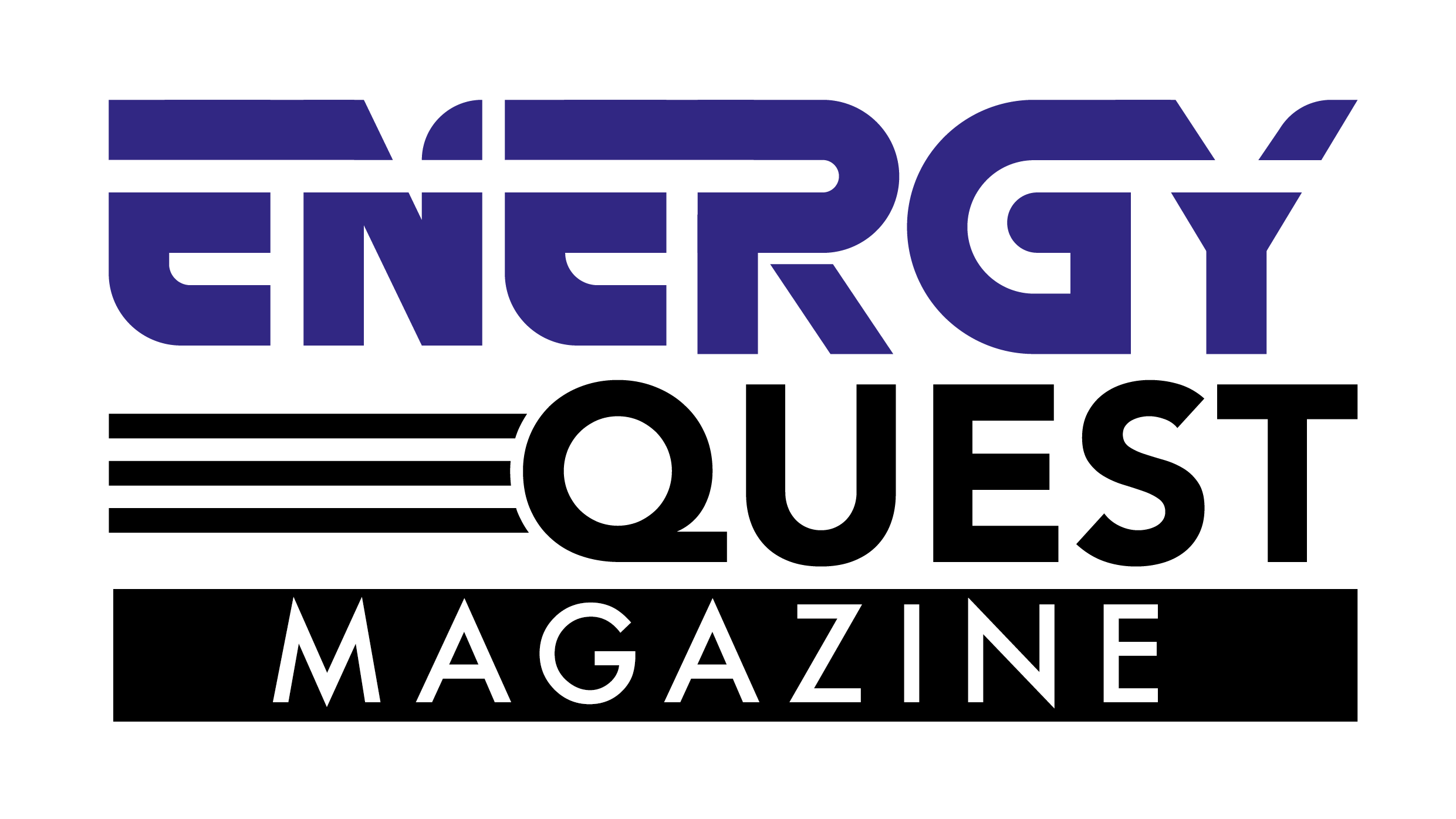The narratives around Oil and Gas have seen a shift in the last decade following the desire for clean energy sources. Big corporations are leading the way in the energy transition with companies looking for ways to produce oil & gas with zero carbon emission.
with regard to energy efficiency & energy transition, solar energy as a renewable energy has been recognised to be one of clean energy sources that can be harnessed in order to accelerate socio-economic growth and development. Globally, solar energy is one of popular renewable energies and this is attributable to affordability coupled with durability of solar systems and equipment.
In addition to its hydrocarbon proven reserves, South Sudan can also prepare for its sustainable energy future by reducing electricity deficit through clean power investment that targets upto 40MW of additional power from renewable energy sources.
As characterised by ample sunshine with strong solar power potential, South Sudan remains as one of key destinations on African continent for solar energy investment. In addition to this, it has been documented that evolution of solar PV is of great significance in South Sudan. For instance, some advantages of solar PV energy including its simplicity of installation and operation at all scales such as solar lanterns and rooftops system for buildings, fast-growing area of mini-grids and large-scale utility systems. Moreover, the scalability is one of the significant aspects in the evolution of solar PV energy within South Sudan.
A solar energy can also be transformative to South Sudan’s economy. For example, solar energy is affordable, cleaner and last longer as compared to energy from diesel-powered generators because generators need diesel to burn and they also need to be replaced after few years. Proponents of solar energy argue that a solar system can produce reliable electricity for about 25 years.
Having recognised solar energy potential, South Sudan is expected to put more emphasis on development of solar energy sector as part of its fight against energy poverty and economic diversification. The good news is that South Sudan has already started its fight against energy poverty and one evidence for that is the ongoing construction of Nesitu 20MWp PV Solar + 35MWh BESS power plant at Nesitu, Juba. This solar-powered plant consists of two storage training centre building and 25km 33kV transmission line from Nasitu to Gumba RMU connection point (loan from AFREXIMBANK).
Obviously, implementation of big infrastructural projects like construction of solar-powered plants in the country usually needs collaboration between the public and private sector. This means that South Sudan should have regulatory framework and good investment policies that can attract reputable companies that will bring technology and pool of expertise to develop the solar energy sector and associated power industries in the country.
We are delighted to announce that second edition (Q2 2022) of our print magazine is ready & will be distributed soon. This issue features interviews, news stories, articles on exploration, field development, local content, investment, energy security, technology, digitalisation, sustainability, energy transition, international best practices & other trending topics across the entire value chain of oil, gas & energy industry.

